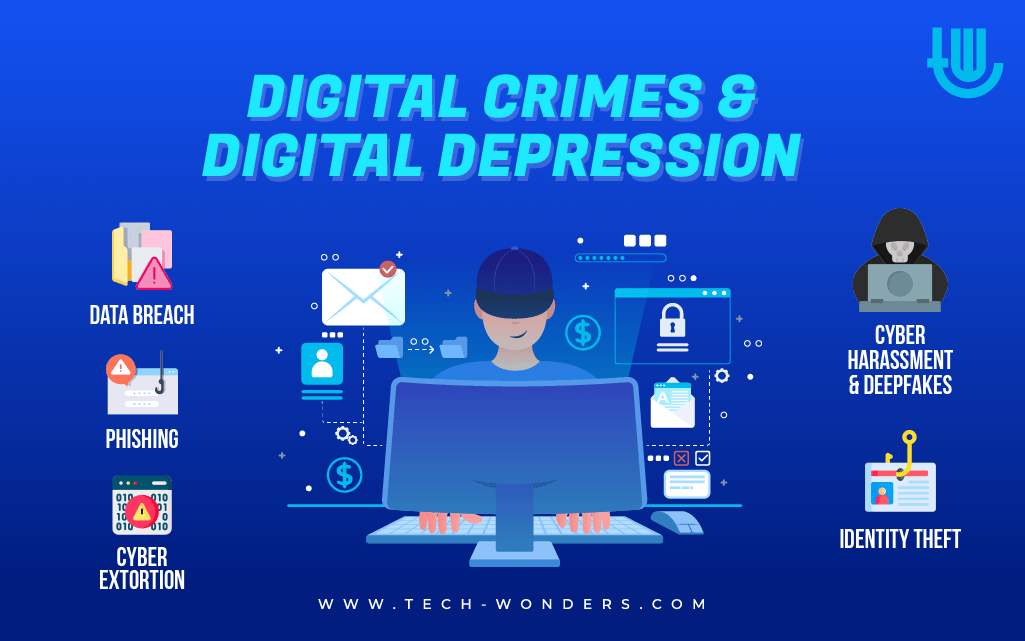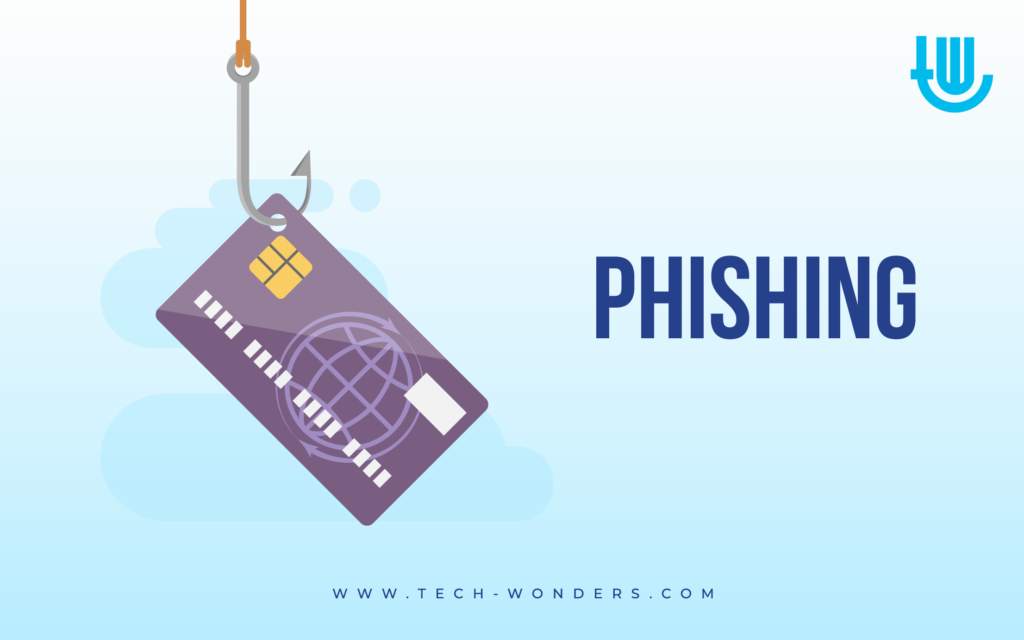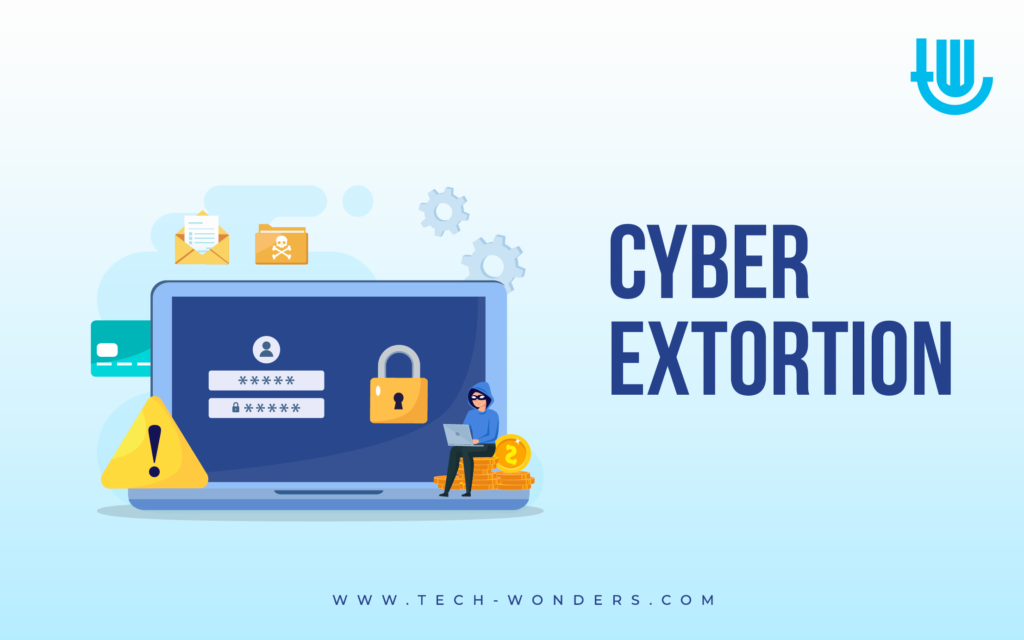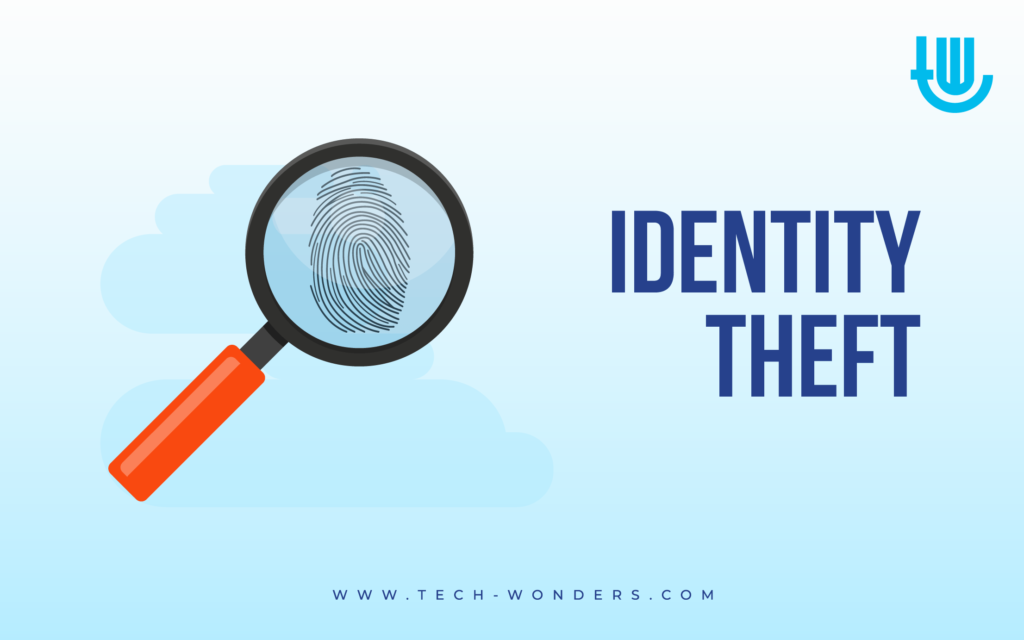
The rise in digital crimes and digital depression is alarming. Various awareness campaigns are made to make people understand how to safeguard themselves from being a victim of cybercrime. As much as people love to surf the internet, it is also their responsibility to take great precautions to avoid losing their reputation or assets in the process. This article talks in-depth about digital crimes and depression, and we’ll also discuss safety measures as a key takeaway. Without wasting any more time, let’s explore further.
Digital Depression cases are rising at an alarming rate.
People often miss scrutinizing the adverse effects within themselves caused due to the internet. There are pieces of evidence showing the harm inflicted upon social media surfers in the form of anxiety, depression, and suicidal tendencies. This feeling was observed in everyone addicted to social media. The virtue of portraying a ‘perfect’ life or the insane drive to make things seem perfect are leading to poorer health conditions that are mostly mentally affecting.
Also, do not miss the fact that people have lost a disciplined way of life due to the internet-assisted games, trends, streaming, and operations. Eye strains, sedentary lifestyle, lack of exercise, obesity, and bad eating habits also affect mental health.
One of the reasons there is a surge in digital depression is the lack of cyber safety awareness leading to people being victims of various cybercrimes. One of the notorious examples that shook the world due to mass suicide attempts in children was the ‘Blue Whale’ game. This is an example of cyberbullying where users may not be able to set boundaries, and people with malicious intent exploit their vulnerability state.
Falling victim to cybercrime is traumatizing for the affected person and the people close to them. The victims might be depressed, anxious, or even hold themselves guilty of falling into fraud or scam. In an event where a person loses his hard-earned money in a banking scam, he might hold himself accused of not introspecting and being alert. And while some people deal with it casually, some might carry this trauma for life.
Digital Crimes
While we are in the process of understanding digital depression, it is also necessary to know different types of crimes that are a major reason why there is a surge in poor mental health conditions.
1. Data Breach

Data breaches occur when cybercriminals exploit a vulnerability to access an organization’s infrastructure. They use tools to brute force common passwords and gain access to the database. These databases can be of employees or customers and are further put up for sale in dark web forums, where competitors or other criminals purchase to conduct different sorts of cyber attacks such as account takeovers, social engineering, phishing, or spamming.
2. Phishing

Phishing ranks first in the number of cyberattacks that have happened. The reason is that it is easier to execute phishing, and more people are prone to falling for it due to a lack of user awareness of technology and cyber safety.
For example, it may be a simple message offering a job or an email containing a malicious malware-containing attachment. Malware delivered through phishing has keylogging capabilities, leading to stealing credentials, sessions, cookies, auto-fills, etc. Whereas some messages might lead a victim to a fake website where it may ask for banking credentials compromising the victims’ finances.
3. Cyber Harassment and Deepfakes

Online harassment such as cyberbullying or spreading fake media using deepfakes is also emerging as a prominent cybercrime. This is one of those crimes wherein criminals may try to extort money by threatening their victims by generating obscene deepfakes. As we mentioned above, the criminals may also try to push victims through their limitations, leading to abetment to suicide through games like ‘Blue Whale Challenge.’
4. Cyber Extortion

Cyber extortion is the process of holding a person’s data for money. Criminals and ransomware groups that are financially motivated try to get your data, which can be personal information, database or lock your systems containing sensitive information.
Also, for the sake of transactions, the criminals may use their cryptocurrency wallets, wherein the transactions can be difficult to track.
5. Identity Theft

To lure money or sensitive credentials, threat actors conduct vishing attacks, that is, voice phishing attacks, pretending to be someone the victim might know or have business with. This form of cyberattack is broadly known as social engineering.
The acquired credentials or sensitive information such as Social Security Number might lead to taking over the victim’s identity and authorizing bank transactions or spreading false information under his name.
Towards the conclusion
As we conclude on the topic of Digital Crimes and Digital Depression, it is thus established and proven by various studies that the occurrence and surge of cybercrime adversely affects society. It embeds fear and trauma in people that might restrict them from surfing online.
While it is not necessary to be scared all the time, here are some tips to avoid being a victim of cybercrime and digital depression altogether:
- Be very careful while opening attachments from unknown sources. Knowing the basic email analysis and googling the email source can land you in various articles on known campaigns.
- Any message that offers you jobs or provides bank alerts by redirecting to a website should be completely avoided. It is always good to inform the job-providing company or the bank regarding such fraudulent activities.
- Any calling or vishing attempts that demand your OTP, personally identifiable information (PII), or other sensitive details should be immediately alerted to the police. Your one attempt of alertness can save hundreds of victims from financial fraud.
- Do read news and updates on all the latest methodologies cybercriminals are adopting to carry out cyber crimes. The latest revolutionary technology might equip them with tools and techniques that are difficult to detect through traditional ways.
- Lastly, consider your mental health important and seek help without hesitation. Stress, anxiety, and depression have found new ways to manipulate internet surfers. The real strength lies in not giving in and being alert.
With this, we hope you like this article. Do enjoy surfing the internet and at the same time take proper precautions.

Author Bio: This article has been written by Rishika Desai, B.Tech Computer Engineering graduate with 9.57 CGPA from Vishwakarma Institute of Information Technology (VIIT), Pune. Currently works as Cyber Threat Researcher at CloudSEK. She is a good dancer, poet and a writer. Animal love engulfs her heart and content writing comprises her present. You can follow Rishika on Twitter at @ich_rish99.